New car lemon protection: This free consumer hack could save you
If you buy a new car in the near future, one simple tactic could protect you when challenging a carmaker or dealership. And it’s free…
Are you about to buy a new car, or perhaps have recently paid a deposit, or even taken ownership of one?
If you’re a serious new car buyer right now, or in the recent past, I’m going to give you a free and easy piece of consumer advice which could save you a world of agony if you have a major problem during your ownership period.
In my previous report we discussed the case of a guy named Timothy Rigby who bought an LDV T60 dual-cab ute.
It was a rusty shitbox, bought in 2018, and when he took the ute back to the dealership for repair where he was quoted $49K (more than a replacement car), they refused to meet their warranty obligations to fix it.
The LDV dealership tried to tell Mr Rigby his working at a surf club near the beach caused the rust, except when he took the dealer to small claims court, the judge declared their defense unsatisfactory and awarded Rigby a full refund. Here’s the full LDV T60 Don’t Buy Report >>
Here is the original Timothy Rigby Vs LDV judgement: https://www.queenslandjudgments.com.a...
Then, of course, I found out about it, and chose to inform you, the public, in the interest of anybody who might consider buying one of these utes made with “poor quality materials”, according to QCAT. Check out my recent report, Fake News: How the Automotive & Mainstream Media Betrayed Public Trust >>
Consumer guarantees, which are the law - and the law trumps warranty - don’t forget, they mandate a term called ‘acceptable quality’. Acceptable quality means any goods and services you buy, need to match the description made about it in the brochure, on the website, in the advertising (being it digital or print), in the dealership, by the salesperson, by the manufacturer and so on. It needs to match that description.
Here it is directly from the ACCC.gov.au website:
Acceptable quality takes into account what would normally be expected for the type of product and cost.
Products must:
match descriptions made by the salesperson, on packaging and labels, and in promotions or advertising
match any demonstration model or sample you asked for
be fit for the purpose the business told you it would be fit for and for any purpose that you made known to the business before purchasing
come with full title and ownership
not carry any hidden debts or extra charges
come with undisturbed possession, so no one has a right to take the goods away or prevent you from using them
meet any extra promises made about performance, condition and quality, such as life time guarantees and money back offers
have spare parts and repair facilities available for a reasonable time after purchase unless you were told otherwise.
What wasn’t relied on heavily enough in this Tim Rigby Vs LDV case is that the way that T60 ute is depicted across the entire website, its brochure and the online advertising, is that it’s quite comfortable at being driven near or through water, especially salt water.
This is what you need to do, establish exactly what the manufacturer claims in advertising about their vehicle.
See if you can see it in the LDV T60 TV commercial:
Just the coastal, water and towing images in that video, there’s 22 seconds out of 30 depicting that manner of operation. And on the LDV T60 website, there are 11 still images today which depict modes of operation like this. All more harsh than what Timothy Rigby was doing with his ute.
What manufacturers claim about their vehicles isn’t always what it can actually do, which is problematic because you never know what’s going to happen during your ownership period.
USEFUL LINKS FOR CONSUMERS
Can I terminate the sale of a car and keep my deposit? >>
Should I seek compensation from the dealership?
My AutoExpert AFFORDABLE ROADSIDE ASSISTANCE PACKAGE
If you’re sick of paying through the neck for roadside assistance I’ve teamed up with 24/7 to offer AutoExpert readers nationwide roadside assistance from just $69 annually, plus there’s NO JOINING FEE
Full details here >>
Be prepared for bad weather: Forewarned is forearmed
If you’ve bought a new car, I suggest you download the full official brochure with all the information and the glossy pictures, and keep it safe in a folder on your computer, and in your cloud (Google Drive, iCloud or Dropbox etc).
Then do the same with screenshots of the website depicting your vehicle in all manner of driving conditions, like towing, off-roading, loaded with travel gear, camping, stopped in traffic, driving fast or slow, emergency braking to avoid killing a kid or dog - everything.
Compile as much official marketing and advertising material as you can find. You can even store it on a USB stick and shove it in the filing cabinet with all the car’s paperwork. You can even save a full webpage of that vehicle which will keep all the assets associated with that webpage.
Then you need to go to the car company’s YouTube channel, and download the official TV commercial for that vehicle, film it on your phone if needs be. But get a record of your car being ‘sold’ to you in all its forms, because that’s free ammunition for you in the future if you find yourself dealing with the dealership’s service manager or the company’s so-called ‘customer care’ department.
And do this now, don’t wait, because if that vehicle moves on and gets replaced by a new version, the website and all its marketing material will be changed. And don’t expect any car brand to give you copies of that material to potentially use against you.
This is so much easier than sitting in front of a solicitor. You want to be able to dump a pile of evidence in front of a magistrate or the carmaker and their solicitors that what was sold to you is not the acceptable quality you have received with your vehicle.
Download those assets now, do not put it off, and do it on the same day you pay the deposit, because if you forget, you may never get that opportunity again.
A similar situation happened to Sally Morphy a couple of years ago with Land Rover, it happens to Mercedes-Benz owners fairly regularly, and Nissan has been pretty poor at customer care.
Any reasonable person needs to expect their vehicles to last in the manner in which the carmaker suggests to you they can be used.
If a ute brand demonstrates to you that their macho machine can launch over sand dunes, but yours can’t handle driving slowly down a dirt road, there’s a fundamental misunderstanding about the product you’ve bought based on the notion it could perform those tasks.
If a people mover’s rear seats break under the weight of three teenage kids, but it advertised with giants sitting in them, you probably wouldn’t have bought that vehicle knowing it couldn’t take it.
Any buyers or deposit payers of the new Toyota LandCruiser 300 Series might want to do this. Not only is there hours of content out there, but you’ll have an enormous lever to pull if it ever fails on you.
If you get a big bill in the future for repairs on a vehicle with a fault you never saw coming, and you’ve been a perfectly sensible owner, then having a body of evidence to substantiate your claims could save you a lot of money and worry.



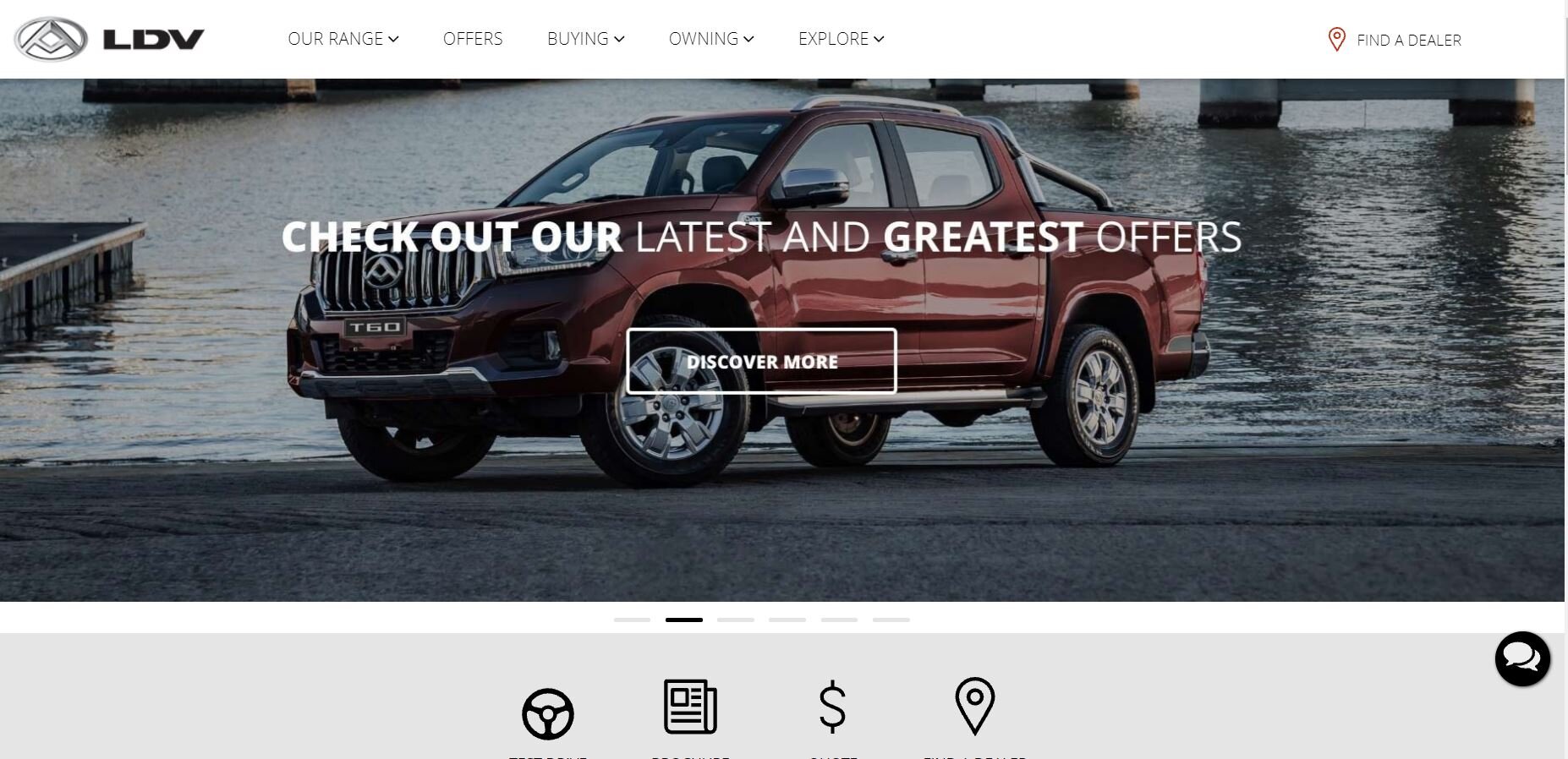
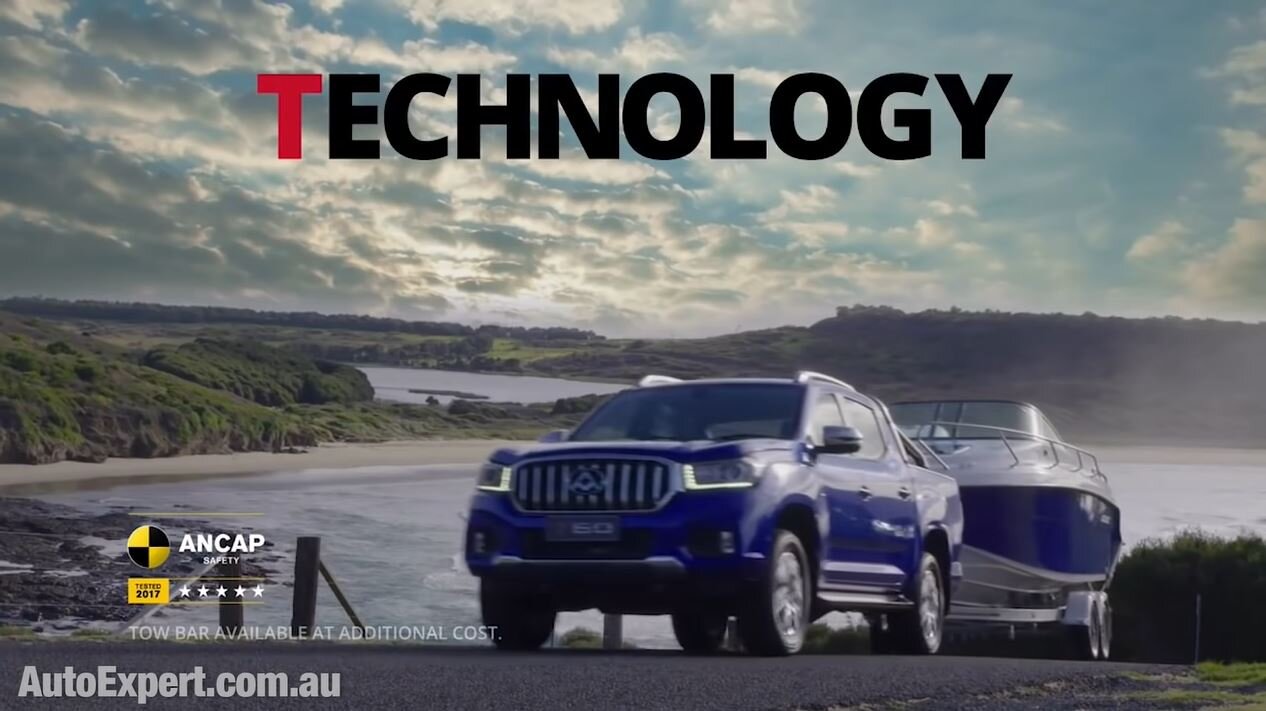













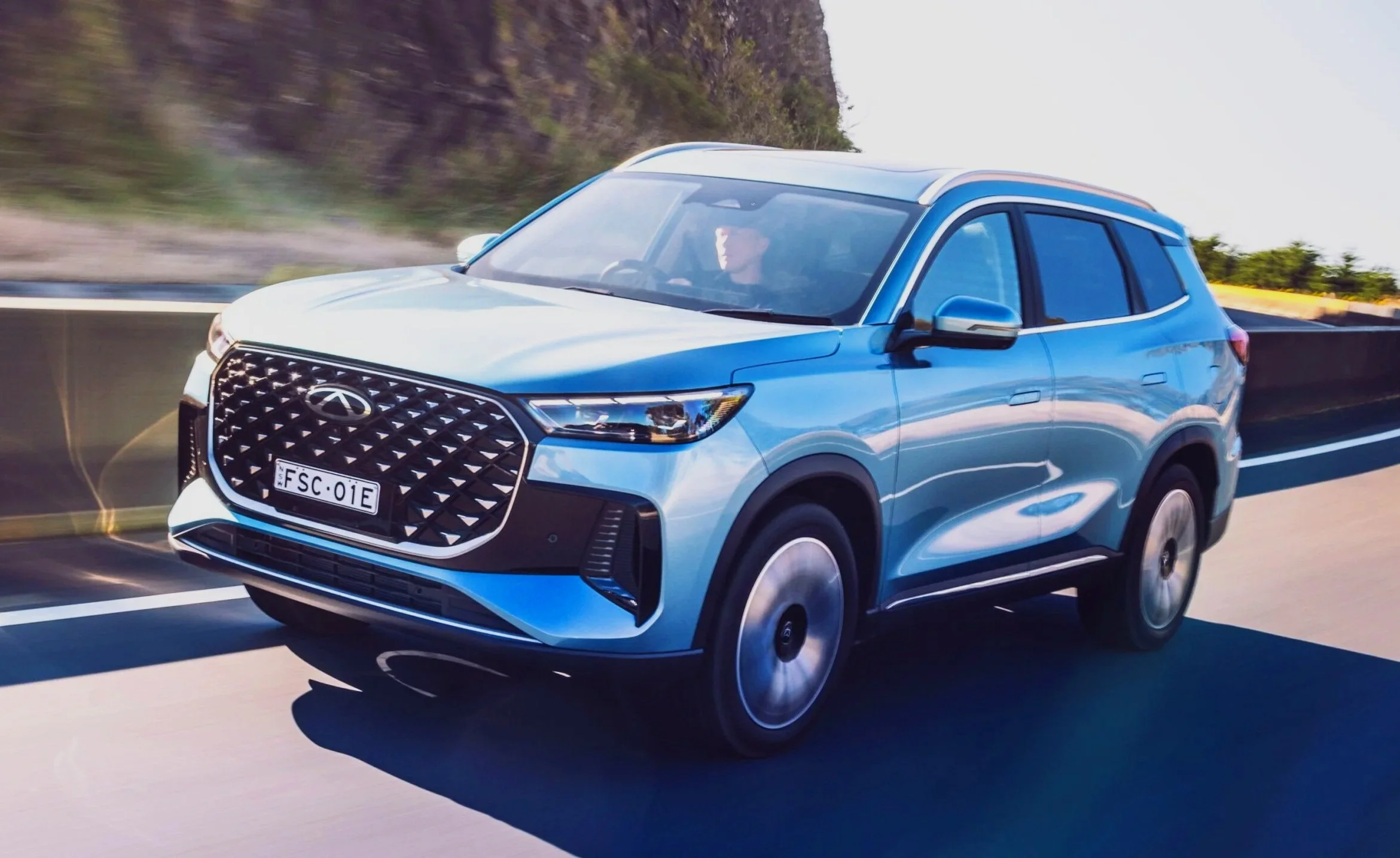
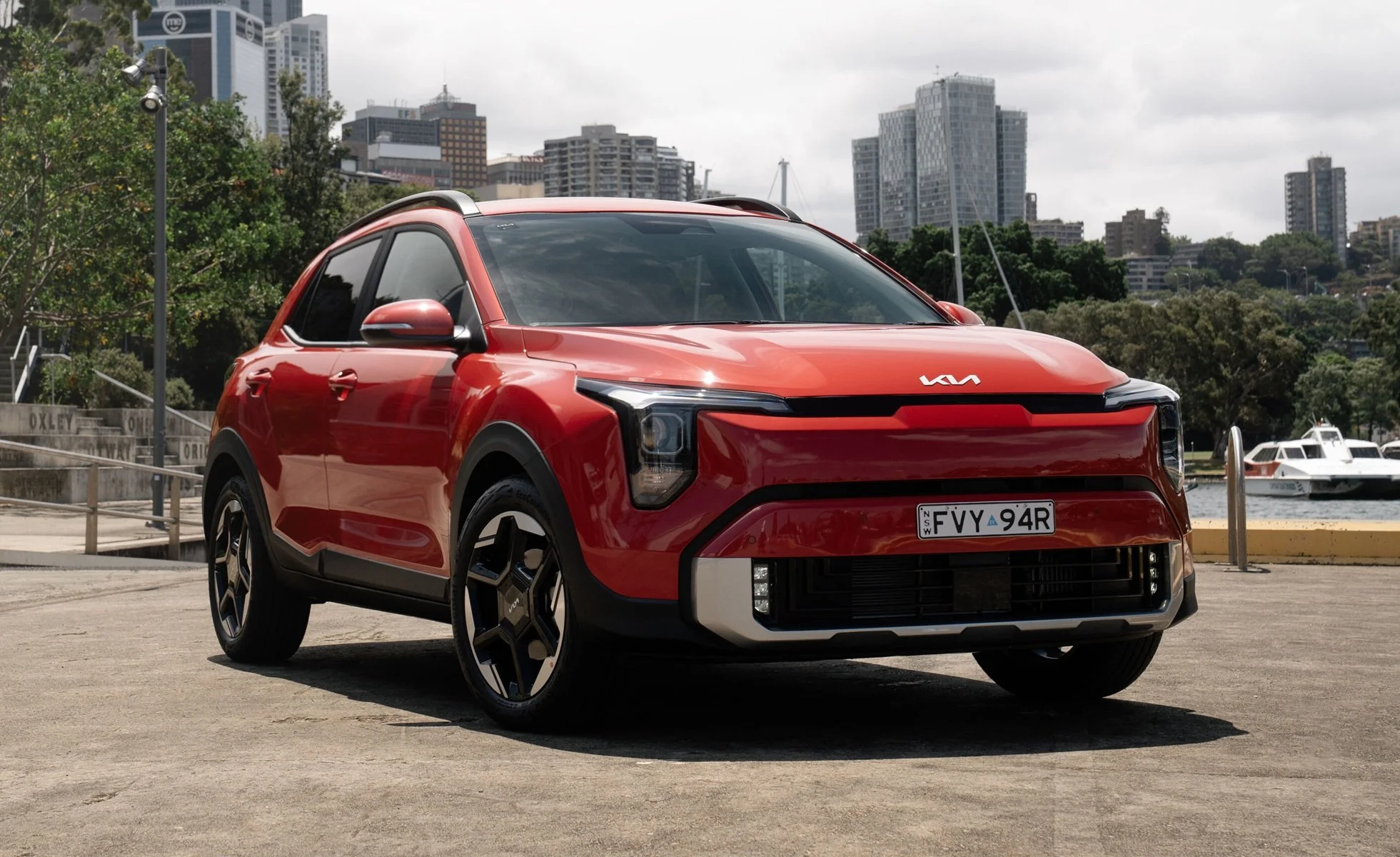
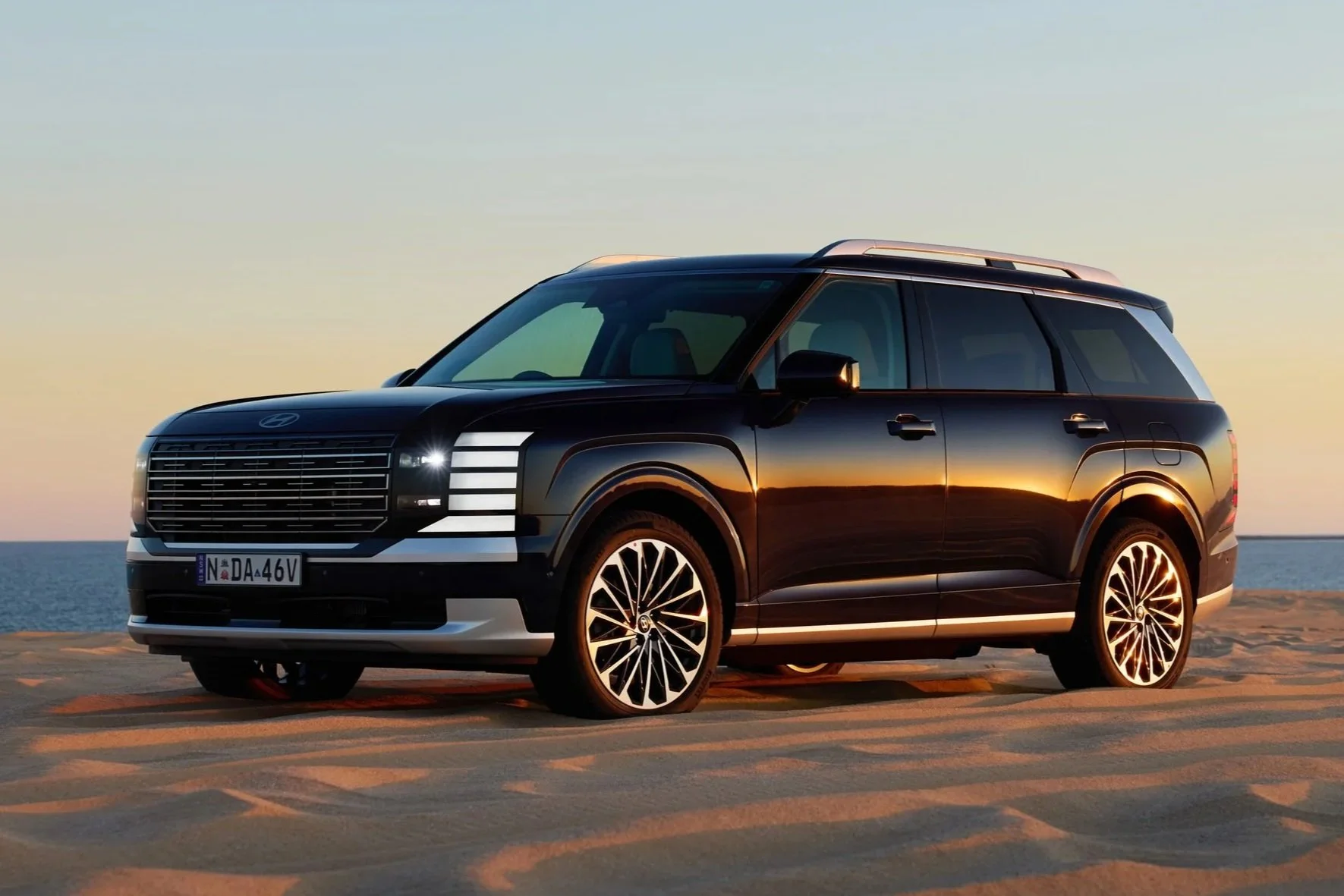
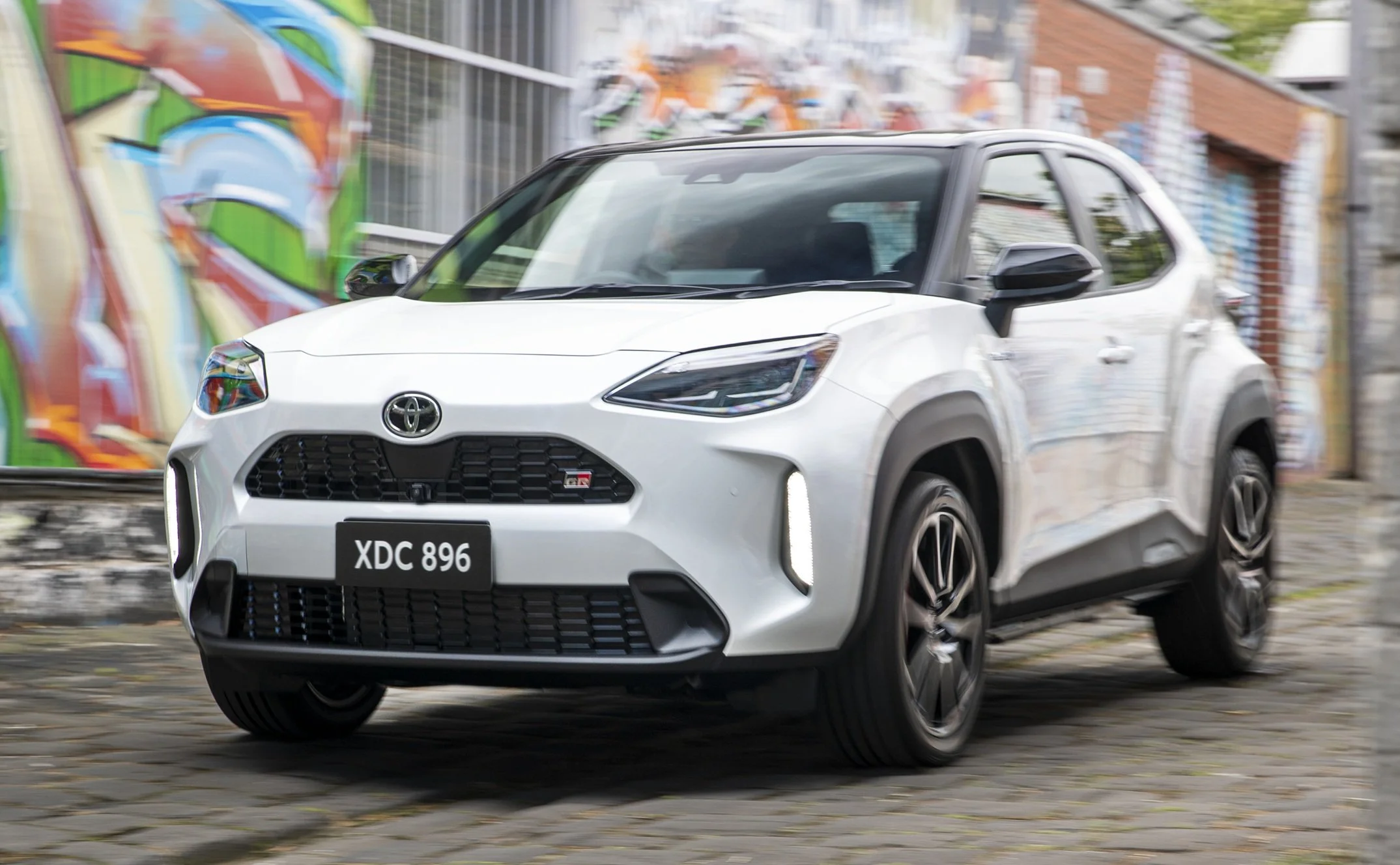

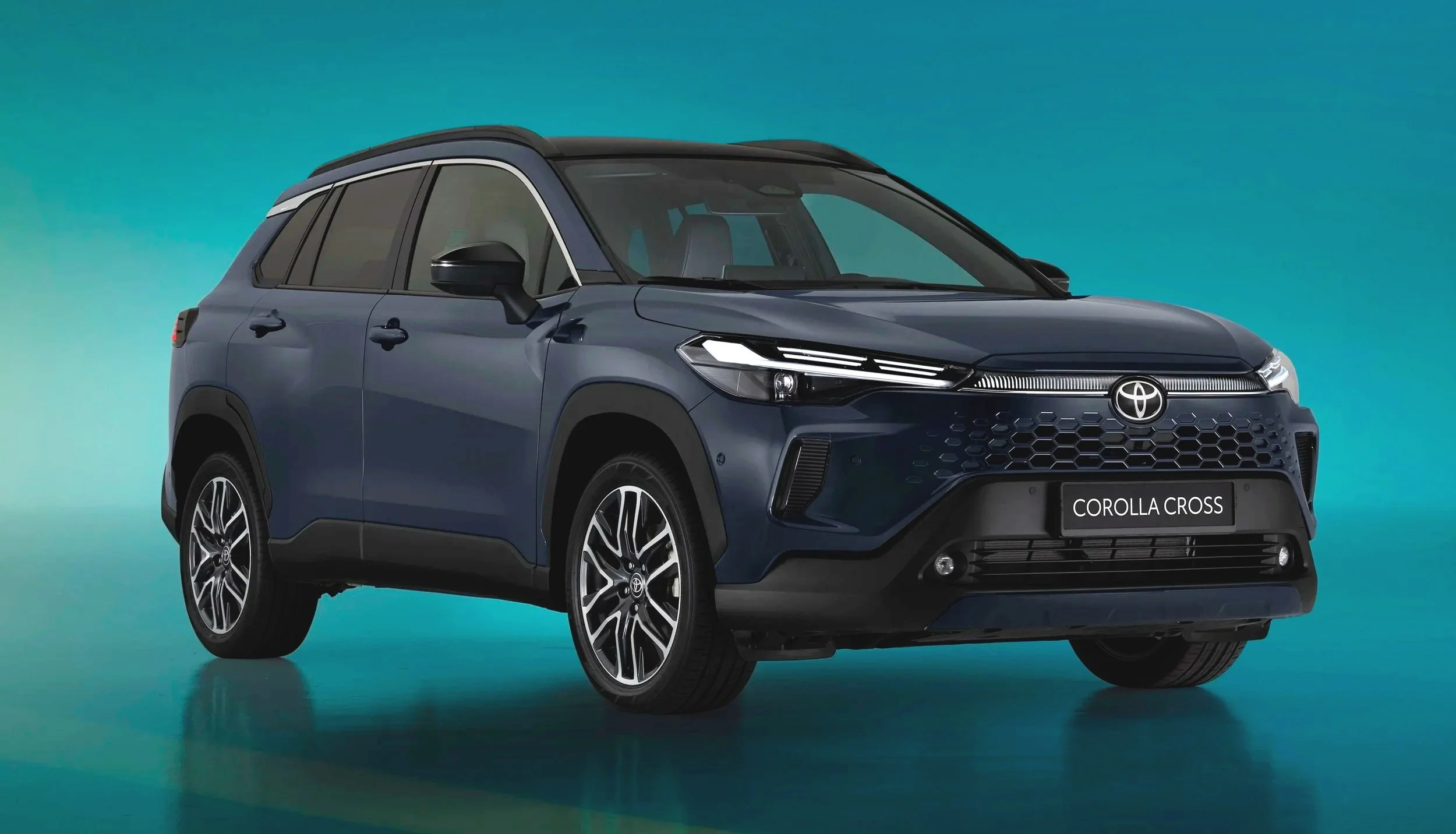



The Kia Sorento is as close to a prestige SUV as you can get, only without the big price and with plenty of features. You’d pay thousands more for an equivalent Mercedes or BMW, but a new seven-seat Sorento will be far more reliable and better value.